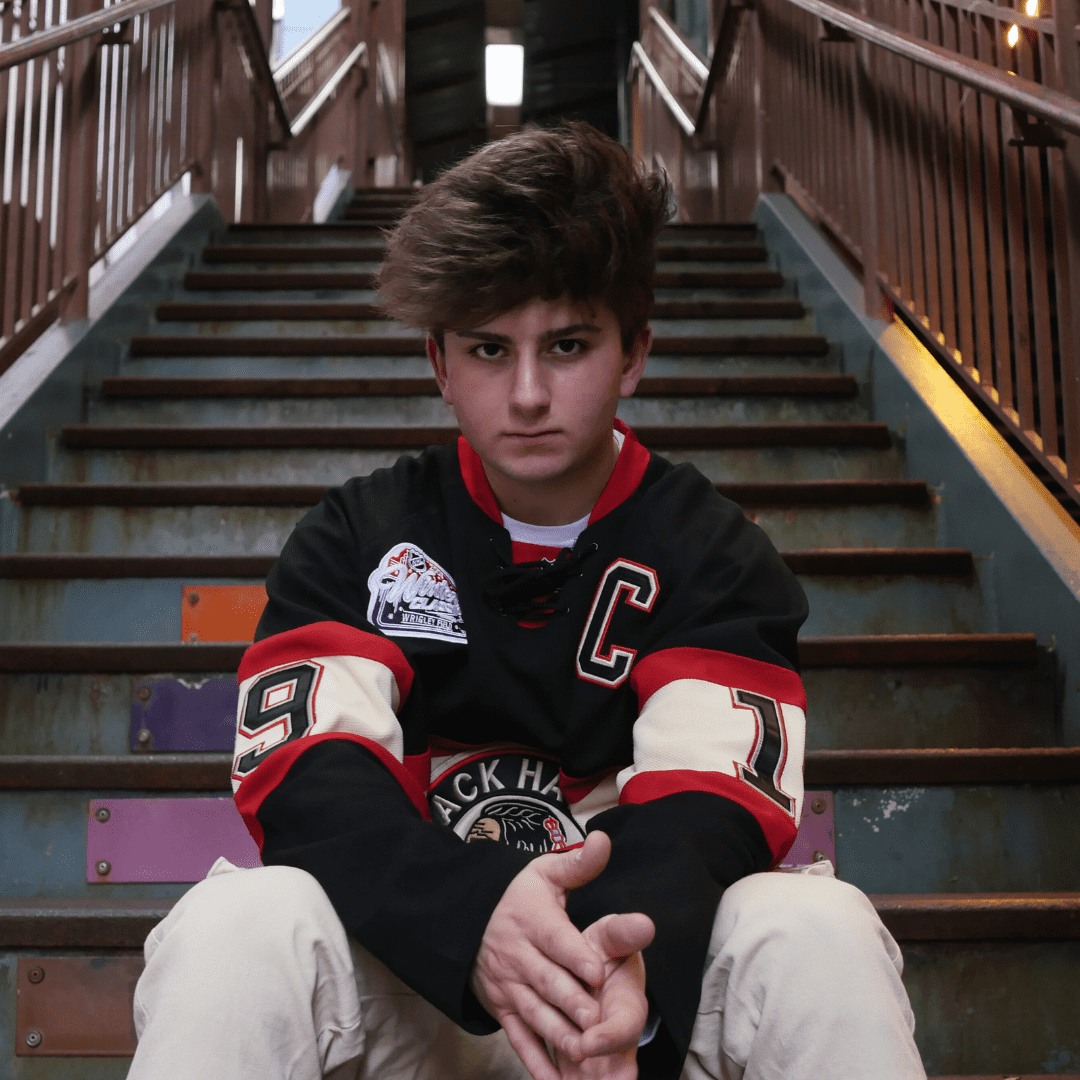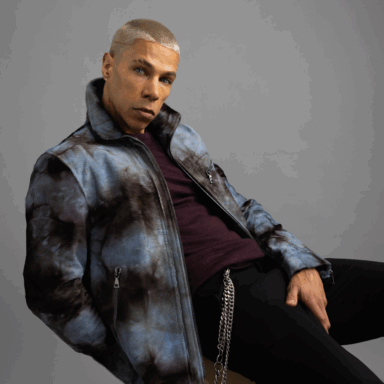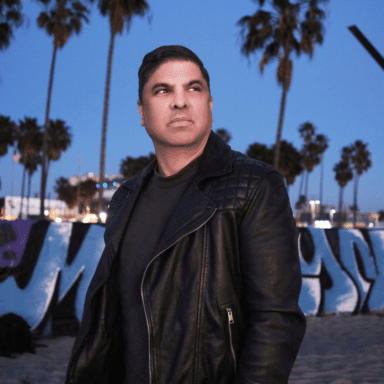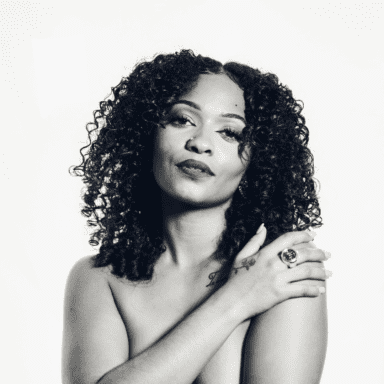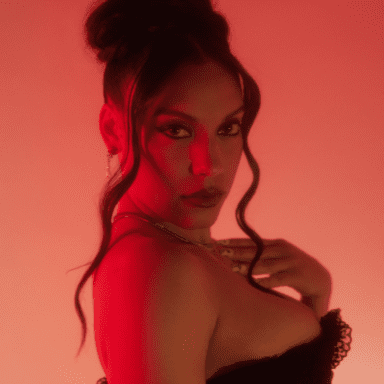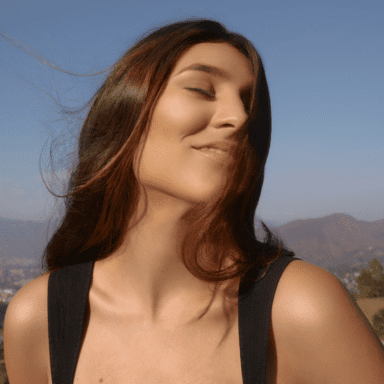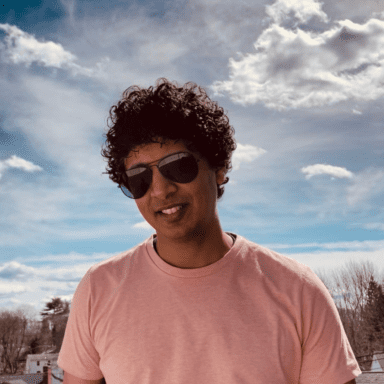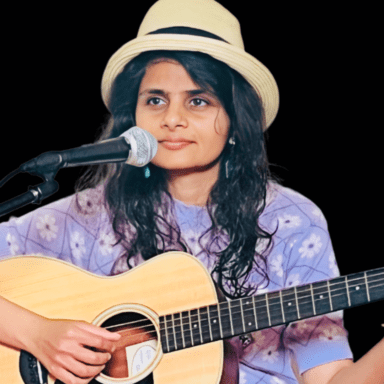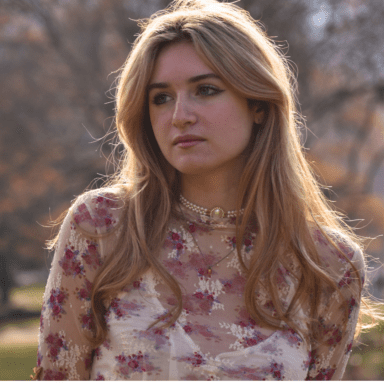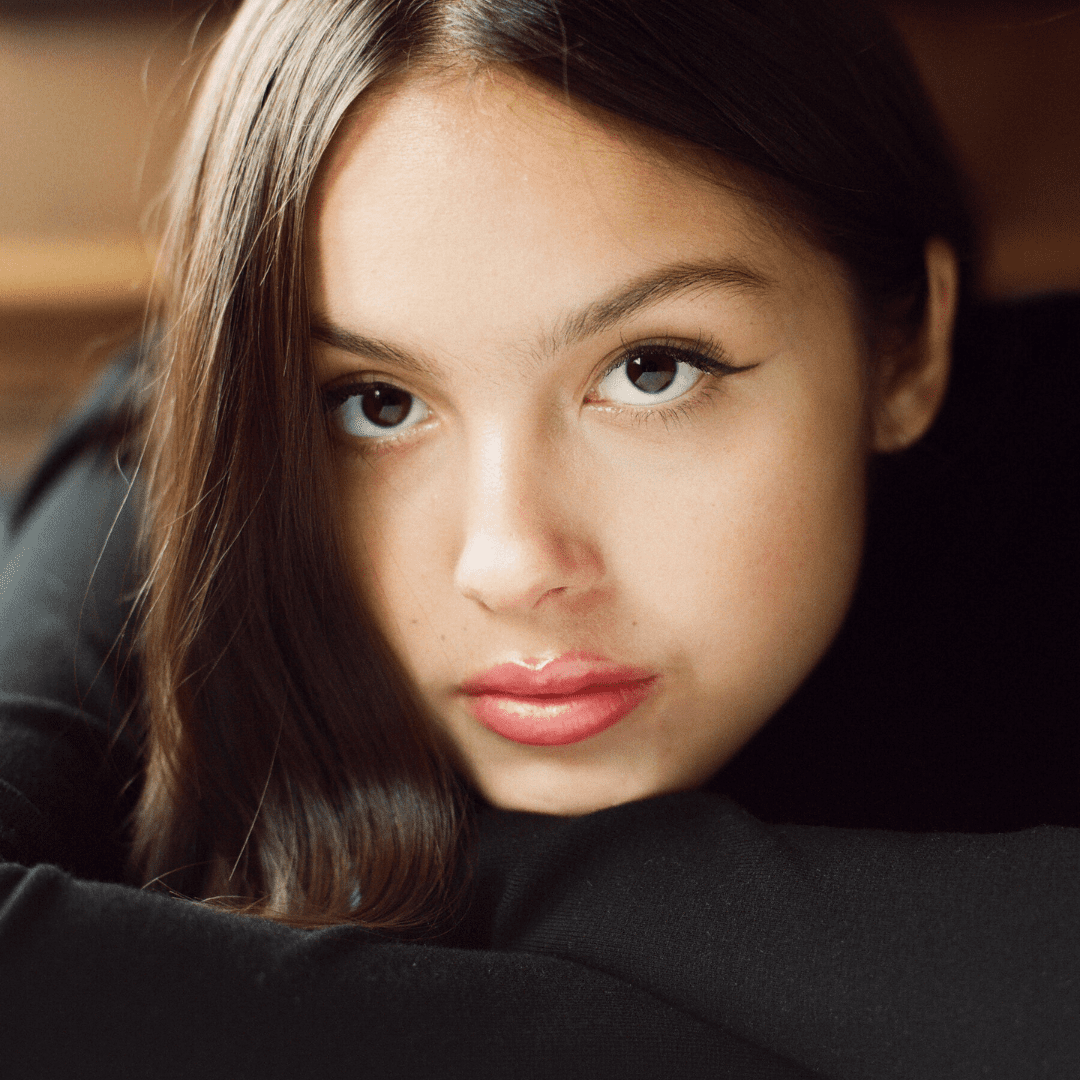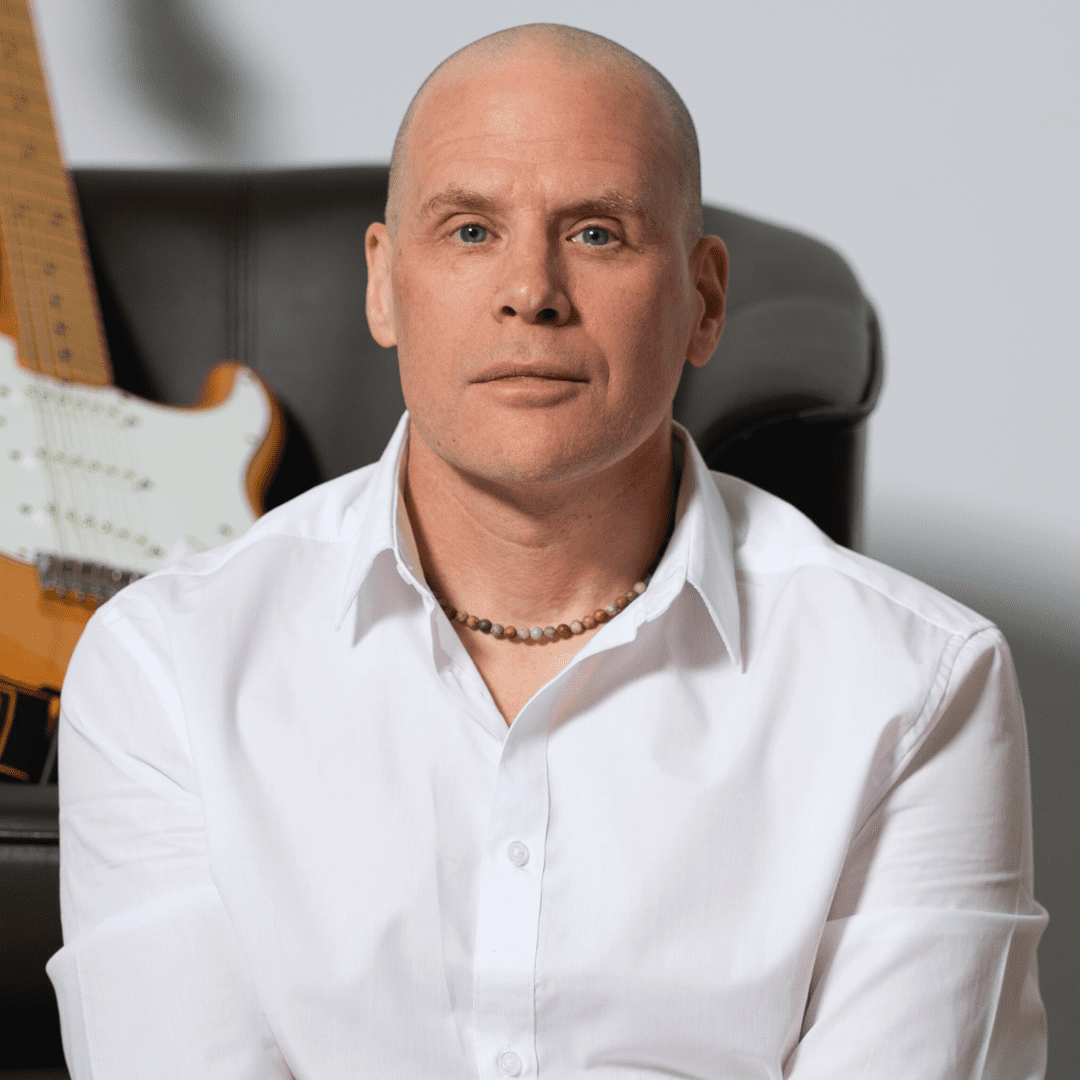In the dynamic realm where technology and entrepreneurship intersect with artistic expression, YBZ Vandr has carved a unique niche for himself. From humble beginnings experimenting with Soundcloud rap to now producing tracks with emotive narratives, YBZ Vandr has seamlessly woven his early interests into a musical journey that reflects growth, resilience, and an unwavering passion for creation. In this exclusive interview, YBZ Vandr opens up about his evolution from coding and creating mobile games to crafting nostalgic hip-hop, the influence of Chicago’s music scene on his style, and the deeply personal experiences that fuel his lyrics.
How did your early interest in technology and entrepreneurship shape your approach to music production and the music industry?
Honestly, when I first got into music, I wasn’t even planning on taking it even close to how far I did. I made my first song when Soundcloud rap and heavily autotuned music were popular. I knew that at the time I had no musical talent, but I was confident that I could teach myself how to make it sound good using autotune because I knew my way around software. I recorded my first track and completely reshaped the sound. This led to my passion for mixing and production, which carried me through my first few years of recording. Over time, with my low-budget studio setup, I was able to turn music that was recorded on a $20 mic into clear, somewhat professional-sounding tracks. This eventually led me to reach out to artists on Instagram and offer to mix their tracks for $10.
What inspired you to shift from coding and creating mobile games to making music, and how have these past experiences influenced your musical style?
Game development is really what led me to my love for music. I can remember being 11 years old pulling all-nighters where I worked on games and just listened to music. I spent so much time sitting at my desk and listening to music that it just became a part of my lifestyle. I’ve always had a love for creation and personalization as well. Anytime I enjoyed something, the first thought that would come to me was, ‘how could I make my own.’ During my early years in elementary school, I played video games all day every day, so one day I decided to make my own. The same happened with music. I developed this passion for listening to music, so one day I decided to make my own.
Growing up in the Chicago suburbs, how did your environment and experiences contribute to the development of your nostalgic hip-hop style?
I think that being so close to such an active music scene really made a big difference. Around the same time I began making music, Lyrical Lemonade was becoming increasingly popular. I was in middle school at the time, and it was all anyone talked about when it came to music. It was almost uncommon to not know about a new LL music video days after it was released. One Lyrical Lemonade artist that stood out to me the most was Juice WRLD. Listening to his music made me shift my style from lyrics about money and clout to music that touches on deep perspectives in life. Additionally, being so close to the Chicago music scene allowed me to make connections that transformed me as an artist. I developed a close relationship with my videographer Jeff Salzbrunn, who has worked on numerous Lyrical Lemonade projects. This connection brought a different perspective to the music scene.
You’ve expressed a desire to make music that resonates deeply with listeners. Can you share a personal experience that inspired the emotive lyrics in “On The Run”?
I would prefer for the meaning behind it not to be public because I don’t want the girl who it was about to know it was about her, (But off the record- I got into a relationship with a girl who recently got cheated on. During the relationship, the girl was always talking about her ex, and it always somehow came up in the conversations. It seemed like she was trying to force herself to get over her ex by getting with me. She ended it because she couldn’t get over her ex. This is what the entire storyline of the music video is based on.) The story starts off with an actor who just broke up with his girlfriend and couldn’t get over her. His friend calls and tells him that he needs to get his mind off of it and stop sitting alone depressed in the woods.
What was your creative process for “Gone Forever,” and how does this track differ from your previous work?
I wrote “Gone Forever” during the lockdown of Covid. During this time, I came to the realization that I took the simple things in life for granted, like going outside and being with people. The music video for this track takes place in an old abandoned grain silo on the west side of Chicago. The setting symbolizes being reminiscent of things that once prospered but later all fell apart. It reflects the meaning of this song; to enjoy the small things in life before they all fall apart.
When collaborating with artists like Lil Noodle and Jesus Honcho, what do you look for in a collaborator, and how do these collaborations influence your music?
These collaborations honestly just came to me. Lil Noodle had a work ethic similar to me, and I figured working with him would allow me to grow with him. He DMed me on Instagram when I was first making music, and I thought it would be a good opportunity. For my collab with Hocho, his versatility in style was a big factor in my choice to work with him.
“On The Run” is described as a story of moving on and healing. What message do you hope listeners take away from this track?
As mentioned in the fourth question, “Heal yourself before someone else feels your pain.”
As a young artist and entrepreneur, how do you balance your time between making music and managing your business ventures?
Honestly, I really haven’t figured it out yet. I spend my whole days working from the moment I wake up to the moment I go to sleep. But it’s not hard to handle since I’m working on the things I love.
How do you feel your music has evolved since you started at 13, and in what ways has your growth as a person reflected in your music?
Over time I’ve definitely changed my sound. I started off making music just to make songs that are catchy and sound good. I’ve evolved to use music to share experiences and change perspectives.
With your latest releases gaining traction, what are your aspirations for your music career, and are there any new directions or themes you plan to explore in your upcoming work?
As my songs gain traction, I hope to be able to change my listeners’ perspectives on life.
